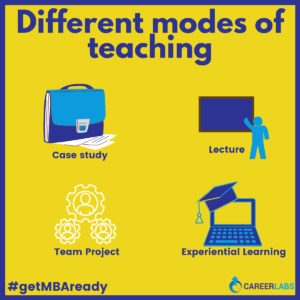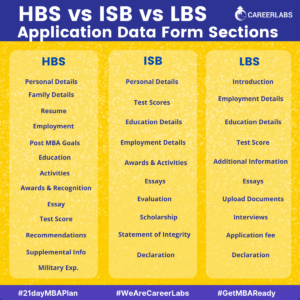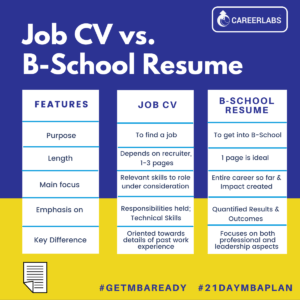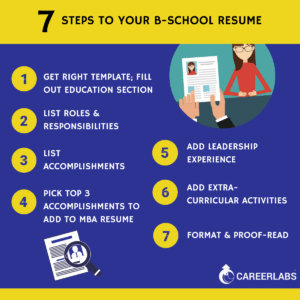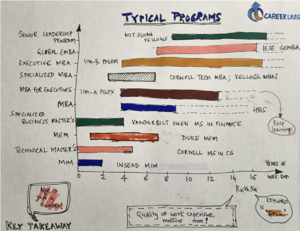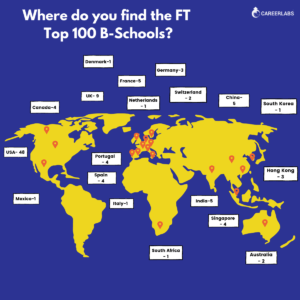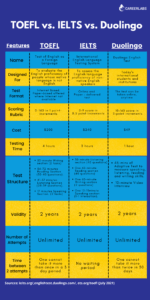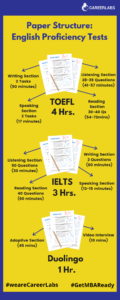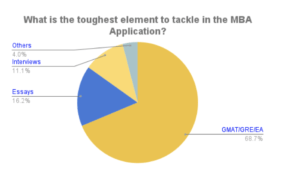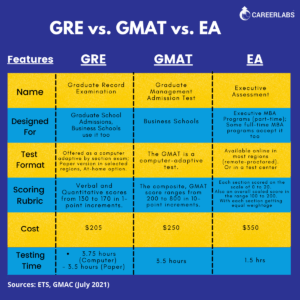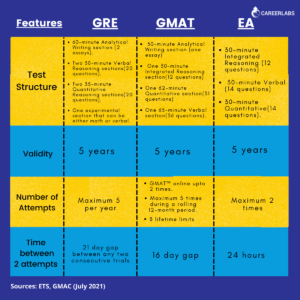If you are looking to pursue your MBA, then an MBA from the UK is a great choice. With many renowned universities that offer various MBA programmes you have numerous options to choose from. Besides, when you choose a university in the UK to pursue an MBA, you choose to study at the global financial and trade hub of the world. Not only is the UK home to several investment banks and leading financial services, but it also is home to several tech and manufacturing businesses.
In this article, we cover the top 10 universities to choose from when looking to study MBA from the UK.
Top 10 Universities in the UK for MBA
When we think of the United Kingdom, we think of Oxford, Cambridge, Edinburgh and LSE; however, there are several British universities that regularly make it to the top 20 or 30 global university rankings. In this article, we will rely on the top universities ranked on the QS World University Rankings – Full-Time Global MBA Rankings.
Here is the list of top business schools in the UK that you should consider applying to for your MBA.
- London School of Business
The London Business School is situated in London and offers a wide range of courses on finance and business management. As a constituent college of the Federal University of London, the business school caters to the needs of every professional. Whether you’re looking for an executive programme or an MSc, the business school has the course for you. Also, LBS has established its campus in Dubai to cater to the needs of senior executives in the region.
- Said Business School
Named after the Syrian philanthropist and banker Waqif Said, the Said Business School is the University of Oxford’s business school. It provides various master programmes pertaining to finance and business management and also offers an executive programme. This school is ranked 1st for its Masters in Financial Economics programme.
- Cambridge Judge Business School
The Cambridge Judge Business School is located at the heart of Cambridge, UK and provides exceptional education pertaining to leadership, entrepreneurship and business. Founded in 1990, offers undergraduate, graduate, postgraduate, professional and doctoral degrees. Besides, this business school is highly renowned for its financial, business and entrepreneurial programmes.
- Imperial College Business School
Triple accredited by AACSB, AMBA and EQUIS, the Imperial College of London is a public research university in the UK. As a leader in technology, the business school offers Masters and Doctoral programmes.
- Warwick Business School
Founded in 1967, WBS or Warwick Business School is a part of the University of Warwick. Situated in Coventry – United Kingdom, the Warwick Business School is ranked in the top 10 universities of the world. The business school offers several undergraduate and postgraduate PhD programmes.
- Alliance Manchester Business School
Located in the city popularly known for its football culture and clubs, the Manchester Alliance Business School is one of the most highly reputed business schools in the UK. In addition to being ranked 19th on QS world rankings, it is ranked 5th on Financial Times (MBA UK universities rankings). Furthermore, it boasts of its presence in five different locations: Manchester, Dubai, Hong Kong, Shanghai and Singapore. This gives students the opportunity to gain international exposure to Europe, Middle East and Asian markets.
- CASS or Bayes Business School
Formerly known as CASS, the Bayes Business School is located at the heart of London — England. This business school offers a 12-month MBA programme that focuses on practical application through live case studies and integrated learning. The MBA programme provides the opportunity to develop an international network.
- University of Edinburgh Business School
This business school was established in 1919 and since then has been an essential part of one of the world’s oldest universities. With a focus on strategic leadership and overall professional development, the MBA programme taught at the University of Edinburgh offers students the opportunity to study abroad as part of the exchange programme.
- Cranfield School of Management
The Cranfield School of Management, the oldest in Europe and is renowned for its management education and research. It offers a full-time, 12-month and general management MBA programme. This school is one of the best places to study as it ranks among the top 10 business schools in the UK and 32nd in Europe as per the Financial Times European Business School 2020 Rankings.
- Durham University Business School
Situated in Durham, UK, the Durham University Business School has earned significantly high rankings on the global stage from several rating agencies. While it is ranked 6th on the Financial Times MBA rankings, it is ranked 37th in the world by the Economist. It offers undergraduate, postgraduate and doctoral programmes.
Now that we have provided you with a brief overview of each of the top 10 best UK Universities for MBA, let us look at their MBA programme ranking, fee and requirements. We have put together a table that consists of all the details about the MBA programme taught at the above-listed business schools and their eligibility requirements for their MBA course.
Top 10 UK Universities for MBA – Ranking, Fee and Requirements
| Business School | Global Ranking on QS | Programme | Eligibility Requirements | Tuition Fee |
| London School of Business | 2 | MBA | GMAT score of 740+ or GRE score2 EssaysWork experienceLanguage scores | £97,500 |
| Said Business School | 6 | MBA – 12 months | GMAT score of 690+Min 2 years work experienceEssay that speaks about your motivations and plans after graduating | £65,520 |
| Cambridge Judge Business School | 8 | MBA | GMAT score over 700Minimum two years of work experienceEnglish language test scoreEssays on questions provided | £61,000 |
| Imperial Business School | 9 | MBAFull-timePart-timeExecutive | Minimum three years of work experienceMinimum GMAT score of 600. GMAT waiver awarded to those who demonstrate strong academic background and quant skillsLanguage test scores | £57,000 |
| Warwick Business School | 15 | MBA – 1-year programme | Minimum GMAT of 650Minimum work experience of three years Bachelor’s degree with an upper second-class honourStudents without an academic qualification can also apply but will have to demonstrate an ability to achieve. | £45,950 |
| Alliance Manchester Business School | 19 | The Manchester Full-Time MBA Programme | GMAT or GRE scoresMinimum three years of professional work experienceInternational exposure is off added valueLanguage test scores | £46,000 |
| University of Edinburgh Business School | 22 | Full-time MBA 12-month programme | Minimum GMAT score of 600Bachelor’s degree or professional qualifications or professional experience that demonstrates a high degree of responsibilityLanguage test scores | £35,900 |
| CASS or Bayes Business School | 27 | MBAFull-Time MBAExecutive MBAExecutive MBA in Dubai | Minimum three years full-time work experienceBachelor’s degree or at least 6 years of relevant experienceMinimum GMAT score of 600Language test scores | £47,000 |
| Durham University Business School | 27 | Full-Time MBA programme of 12- or 15-month duration | Three years full-time work experienceMinimum GMAT score of 600Language test scores | £35,000 |
While we have mentioned GMAT scores in the above table, the universities and business schools listed above also accept GRE scores. Besides, each of the institutions listed on our list is highly ranked, hence, they are the best places to study from. So, if you are applying to a programme that suits your needs, you have to meet the requirements set by the business schools and for that you really need to work hard.
Now that we have provided you with a list of top-ranking business schools for an MBA in the UK, you’re better positioned to carry out a more detailed research and plan your application.
All the best!









